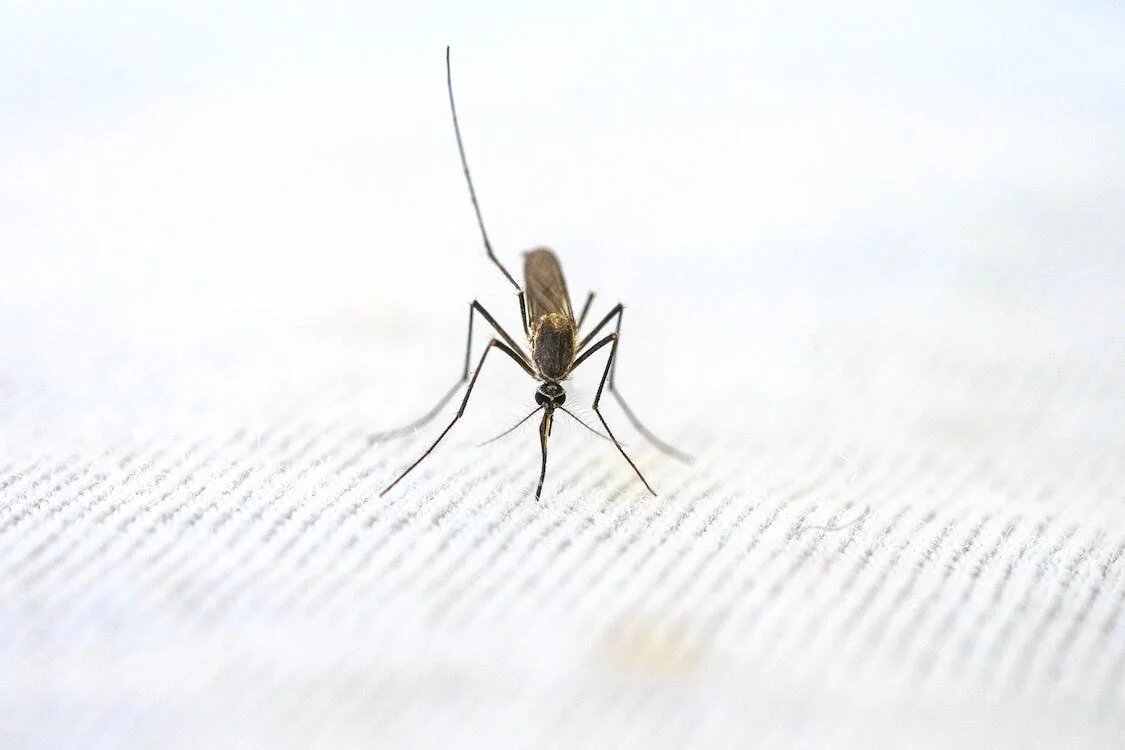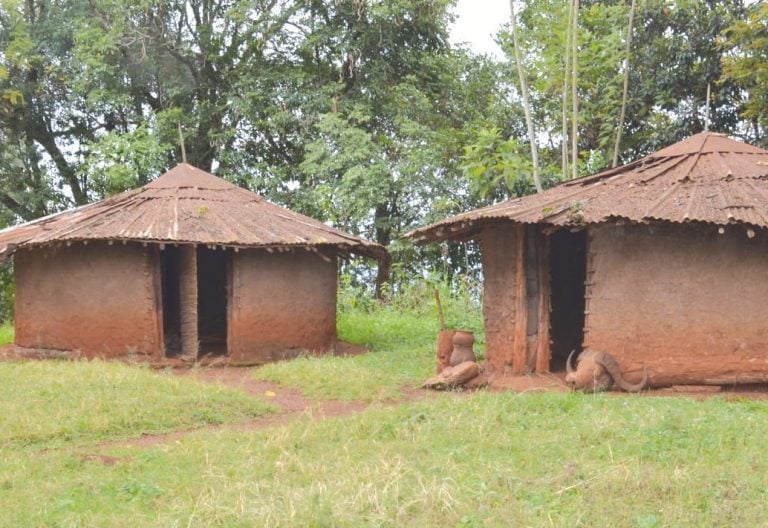Orange-fleshed sweet potato project improves rural nutrition
Introduction of special varieties of sweet potatoes have boosted the diets of millions of families in Kenya and six other nations of Africa and South East Asia, a recently released report by the International Potato Centre (CIP) says.
Introducing the orange-fleshed variety was aimed at tackling vitamin A deficiency and other nutritional needs of mainly rural families.
The project, launched in 2013 and rolled out in Kenya, Malawi, Mozambique, Rwanda and Tanzania, has resulted in 1.3 million women and children eating the orange-fleshed sweet potato- that is rich in vitamin A when available.
Initially, more than 2.3 million households with children under five were given sweet potato vines to plant in their farms and widen their nutritive sources.
“Vitamin A deficiency is one of the most pernicious forms of undernourishment and can limit growth, weaken immunity, lead to blindness, and increase mortality in children,” said Barbara Wells, director general of CIP.
She adds that globally, 165 million children under five suffer from vitamin A deficiency, mostly in Africa and Asia.
The reports on the project show agriculture and nutrition interventions can reinforce each other to inspire behaviour change towards healthier diets in smallholder households.
Over the past decade, CIP and partners have developed dozens of biofortified varieties of orange-fleshed sweet potato in Africa and Asia.
These varieties contain high levels of beta-carotene, which the body converts into vitamin A.
Just 125g of fresh orange-fleshed sweet potato provides the daily vitamin A needs of a pre-school child, as well as providing high levels of vitamins B6 and C, manganese and potassium.
Under the project, families in target communities received nutritional education at rural health centres and cuttings that they could then plant and grow.
For every household directly reached with planting material, an additional 4.2 households were reached on average through farmer-to-farmer interactions or partner activities using technologies or materials developed by the project.
The project also promoted commercial opportunities for smallholder farmers with annual sales of puree-based products estimated at more than Sh89 million as a result of the project.
Researchers assert that incorporating orange-fleshed sweet potatoes into the diets on rural communities will reduce malnutrition and boost health.
“Sweet potato should be included as the basis for a sustainable diet in many developing countries because it provides more calories per hectare and per growing month than all the major grain crops, while tackling a major nutrition-related health issue,” observed Dr Simon Heck, programme leader, CIP.
Scientists have also highlighted that most food is grown by small-scale producers in low and middle-income countries, where hunger and undernutrition are prevalent.
There are almost 500 million small farms that comprise close to half the world’s farmland and are home to many of the world’s most vulnerable populations, according to Martin Kropff, director general of the International Maize and Wheat Improvement Center.











